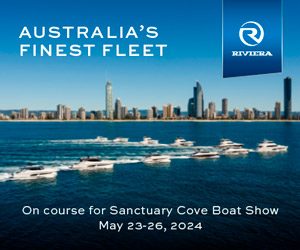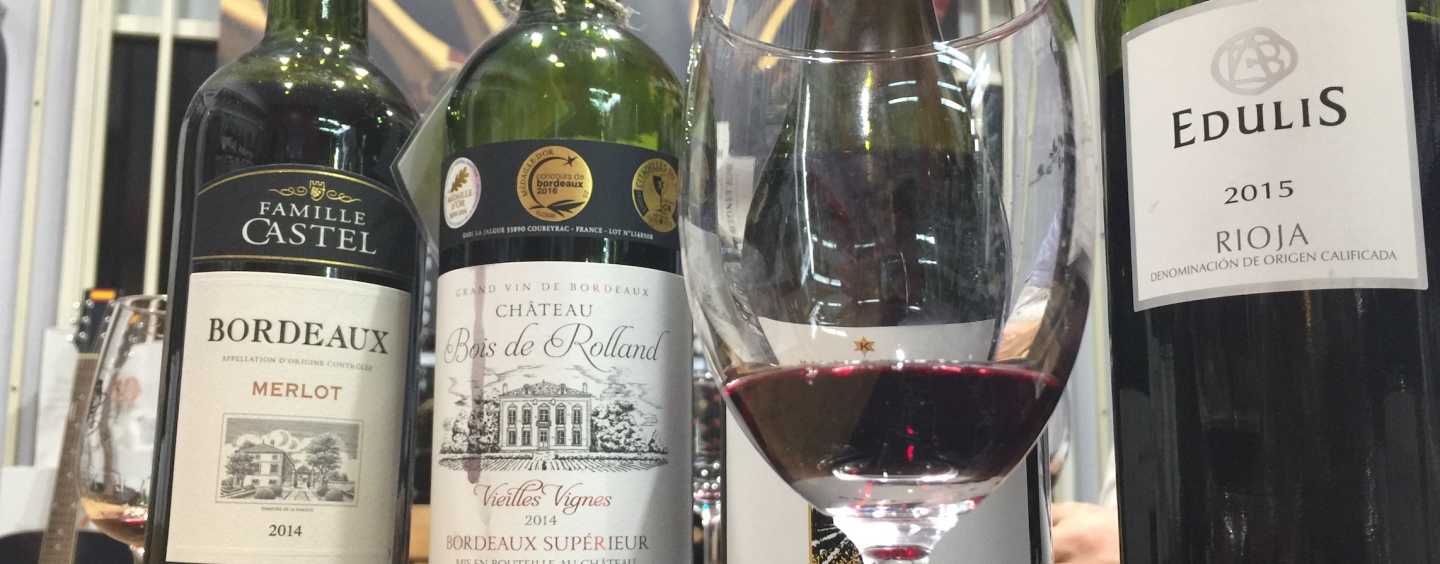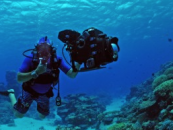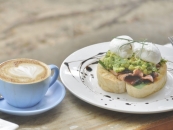Many wine drinkers probably consider themselves wine connoisseurs. But with so much new wine varieties and brands in the market, how does one keep up? Enter the world of the age-old tradition of wine tasting.
Wine tasting is as old as the invention of wines. While the practice was traditionally exclusive to the professional wine tasters, known as sommeliers, the know-how has spread among the savvy retail buyers.
At professional wine tasting sessions, a select set of lingo is used to describe such aspects as the perceived characteristics, flavours, and aromas of a wine. A leisurely wine tasting session may use similar terminology for describing the wine, but the descriptions would be less critical as the wine is consumed only for personal appreciation.
Corkers Express in-house sommelier Chris Morgan says, “The more you know about wine, the more you can enjoy the experience.” As an experienced wine merchant, he explains how to get the most from your wine and to make it love you back. “An attendee will gain more appreciation of wine, a greater knowledge of wines from around the world, and the ways in which they are labeled. I will sample best storing, tasting and identifying wines from sight, alcohol content, scent, and taste.”
Grapes and climate have changed so much over the centuries. Winemaking practices have also been refined and re-refined to complement the altering tastes of the drinkers. During a wine-tasting session, Chris discusses the winemaking processes, including oaked and un-oaked, malolactic fermentation, and steel barrel processes. He hopes that with more knowledge about wines, participants can “talk wine” with their friends and have them ask in surprise, “How do you know so much all of a sudden?”
Chris explains further concepts in wine appreciation. A wine’s “complexity” is shown by how many different flavours and sensations are detected. Its “character” illustrates how true to the grape varieties the wine is. The “potential” of a wine determines the suitability for aging or drinking. Not all wine are age worthy, for example, a sauvignon blanc and pinot gris are made to be consumed young. Age worthy wines are Shiraz, Cabernet, Merlot, Chardonnay and Riesling. The age ability depends on the alcohol content. The wines with a lower alcohol percentage (alc%) will age better and longer than the higher ones. A wine with 12% alcohol is going to age better than a wine that has 16%.
Don’t worry about getting drunk at the tasting, Chris assures us “The tasting will rarely exceed one glass in total and we have a spittoon, not so classy I know but it’s there. We do call it a ‘tasting’ not a ‘drinking’ for a reason, and we do keep a close eye so you won’t overdo it.”
Chris wants to make everyone a wine guru and points out that there is no obligation whatsoever to buy wine after the session. “Many of the first-time sommeliers will buy our wine as they now know they like the wine featured. And wines on the taste are discounted if purchased in pairs, so that’s a great incentive.”
The basic stages of wine tasting, according to Chris:
The look – Swirl the wine in your glass, and keep an eye on the sides of the glass. The dripping wine, known as “the legs”, indicates the percentage of alcohol. The alcohol content is higher if the wine sticks to the glass.
The nose – When you sniff the wine, there is a scent of oak, berries, grass, cassis, pepper, or possibly herbs.
The taste – Move the wine around your mouth until it reaches the back of your tongue where you can really taste the wine.
The finish – This refers to the sensation left behind after tasting. This may be a furry feeling, or smooth and soft. In addition, the wine can be said to have “length” measured by how long the flavor lasts in your mouth after drinking.
If you would like to learn more about wines and taste an interesting range of red and white wines, Corkers Express at Hope Island hold wine tasting sessions every Friday between 4pm and 7pm to expose people to wine they may not have tried before and to educate on wine making practices and tasting methods.
*Safety reminder: Drink responsibly. It is recommended to avoid alcohol consumption if you are the skipper of a boat, even at anchor.
Editorial by Andy Kancachian
/Sep-Dec2017



























